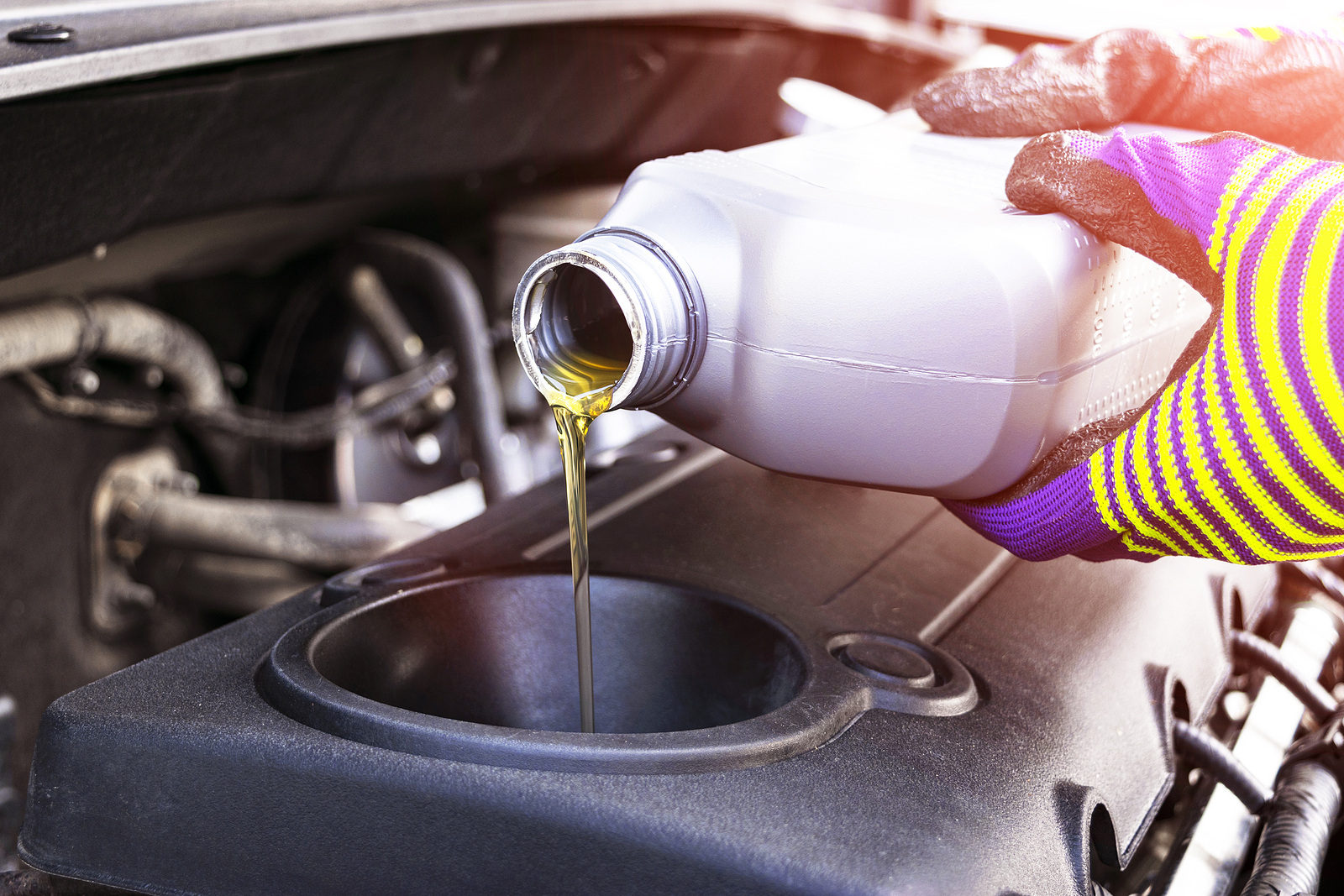The normal operation of the internal combustion engine system depends on some technical characteristics. For example, the viscosity index directly affects the ease of starting the engine and its stable operation in frosty weather. If summer lubricants are required to protect ICE mechanisms from wear, then for winter oils temperature conditions and fluidity must be taken into account.
Today, summer and winter motor oils are losing their relevance, since many manufacturers supply universal-type lubricants. Car markets and specialized stores are overflowing with oils for use in any season. However, there are still some tips to follow, which we will share with you below.
The selection of engine oils for the cold season
When picking an oil, special attention should be paid to the markings indicated on the packaging. In the case of winter motor oils, it is recommended to make a choice based on the temperature indicators and viscosity parameters. Thus, motor fluids with the following viscosity indices can be attributed to winter ones:

- 0w30 has good fluidity and pumping through the internal combustion engine system even at temperatures from -30 °C to -40 °C. Such oils are recommended for use in northern regions where low temperatures are observed;
- 10w30 can be used in zones with milder conditions, where the maximum low temperatures are no less than -25 °C;
- 10w40 can be used in temperate climatic zones, where winter temperatures go down to -25 °C and grow up to +40 °C in summer. Such oils are considered all-weather and can be used both in winter and summer.
To ensure the protection of mechanisms and the functional performance of the internal combustion engine, it is necessary to use oils recommended by the car manufacturer. For example, if the instructions indicate that a car oil with a viscosity index of 5w30 or 10w30 is poured into a particular engine, then the temperature conditions of the region must be taken into account.
If in the winter season frosts are no lower than -20/-25C°, then a liquid with a viscosity of 10w40 can be used as an alternative. For the northern regions, it is accordingly recommended to fill in synthetic oils of 5w30 or even 0w30. To provide more reliable engine protection in the warm season, it is recommended to switch to more viscous oils.
Experienced experts recommend pouring a less thickened product in winter, and a more viscous one in summer. Thus, seasonal replacement is performed. Such oil changes are carried out only in those climatic zones where the temperature indicators do not correspond to the calculated parameters of the oil.

